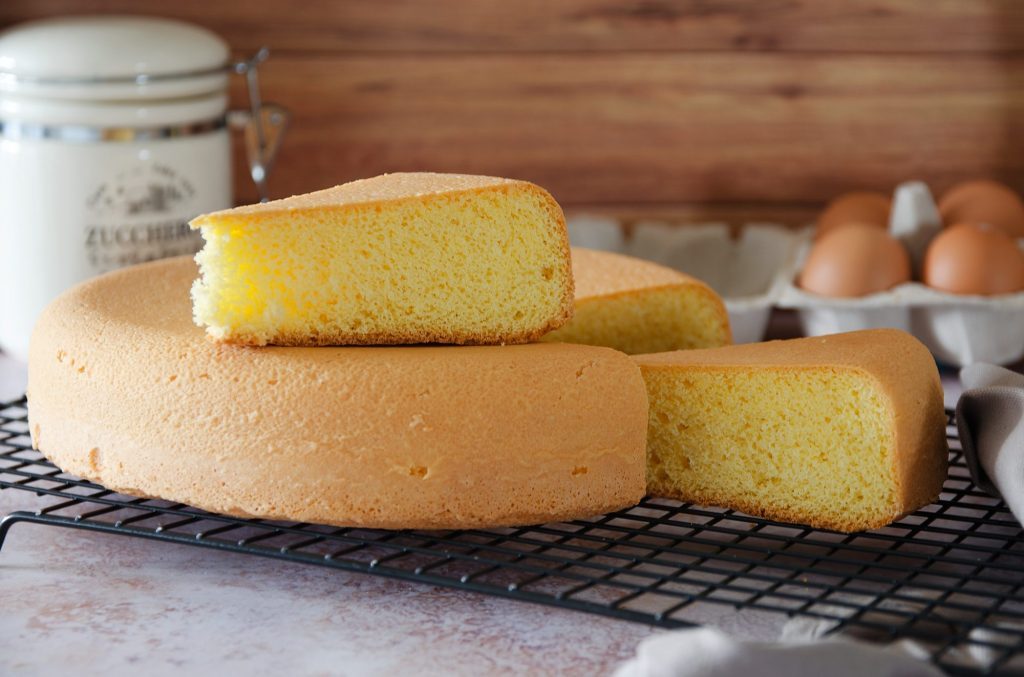Why You Should Never Be Storing Sponge Cake Inside of The Fridge (And the One Time You Should, Instead)
Never store a sponge cake in the fridge as it causes the cake to become dense, dry, and lose its flavor. The fridge draws out moisture, compromising the cake's airy texture. However, refrigerate if the cake contains perishable fillings like fresh fruit or cream.
;)
Sponge cake: fluffy, light, and utterly delightful. It's a favorite dessert for many, gracing birthday parties, afternoon teas, and everything in between. But when it comes to storing this airy confection, there's one place you should avoid at all costs—the fridge. Yes, it might seem like a good idea to keep it cool and fresh, but refrigeration can actually be a sponge cake's worst enemy.
The Science of Sponge Cakes
Sponge cakes are known for their soft, airy texture, which is achieved through the careful incorporation of air into the batter. This delicate structure is what makes them so delightful to eat, but also what makes them vulnerable to the harsh environment of a refrigerator. The cold temperature causes the cake to firm up, losing its light and fluffy nature. Instead of a soft bite, you'll end up with a dense, dry chunk that lacks the original charm.

The Drying Dilemma
One of the primary reasons to avoid storing sponge cake in the fridge is moisture loss. Refrigeration accelerates the staling process by drawing out moisture from the cake. What was once a moist and tender delight becomes dry and crumbly. Even if you wrap it tightly, the fridge's cold, dry air will find a way to sap the cake’s moisture. It’s a sad fate for such a delicate dessert, and one that can easily be avoided.
The Flavor Factor
Cold temperatures can also dull the flavors of a sponge cake. Ingredients like vanilla, citrus, or chocolate shine best at room temperature, where their aromas can fully develop. When you store your sponge cake in the fridge, you not only compromise its texture but also its taste. A cake that was once bursting with flavor can become muted and lackluster after a stint in the fridge.
The One Time You Should Be Storing Sponge Cake in The Fridge
While it's generally best to keep your sponge cake at room temperature, there are exceptions to every rule. If your sponge cake is filled with perishable ingredients like fresh fruit, whipped cream, or custard, refrigeration is necessary to prevent spoilage. In these cases, ensure the cake is well-wrapped to minimize moisture loss. Another exception is if you live in a particularly hot and humid climate; sometimes, a short period in the fridge can prevent a cake from melting into a soggy mess. Just remember to let it come back to room temperature before serving to regain its best texture and flavor.
;Resize,width=767;)



